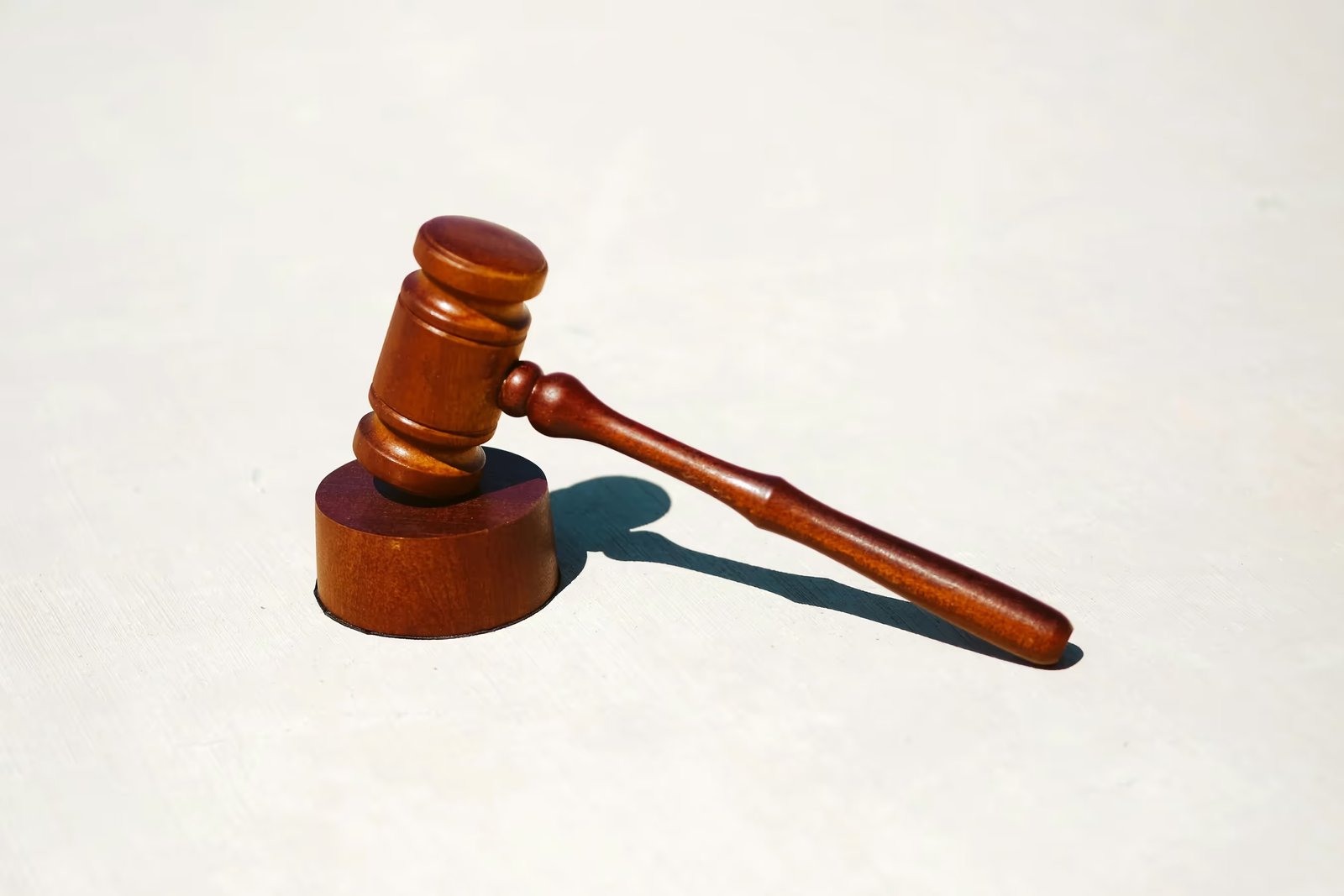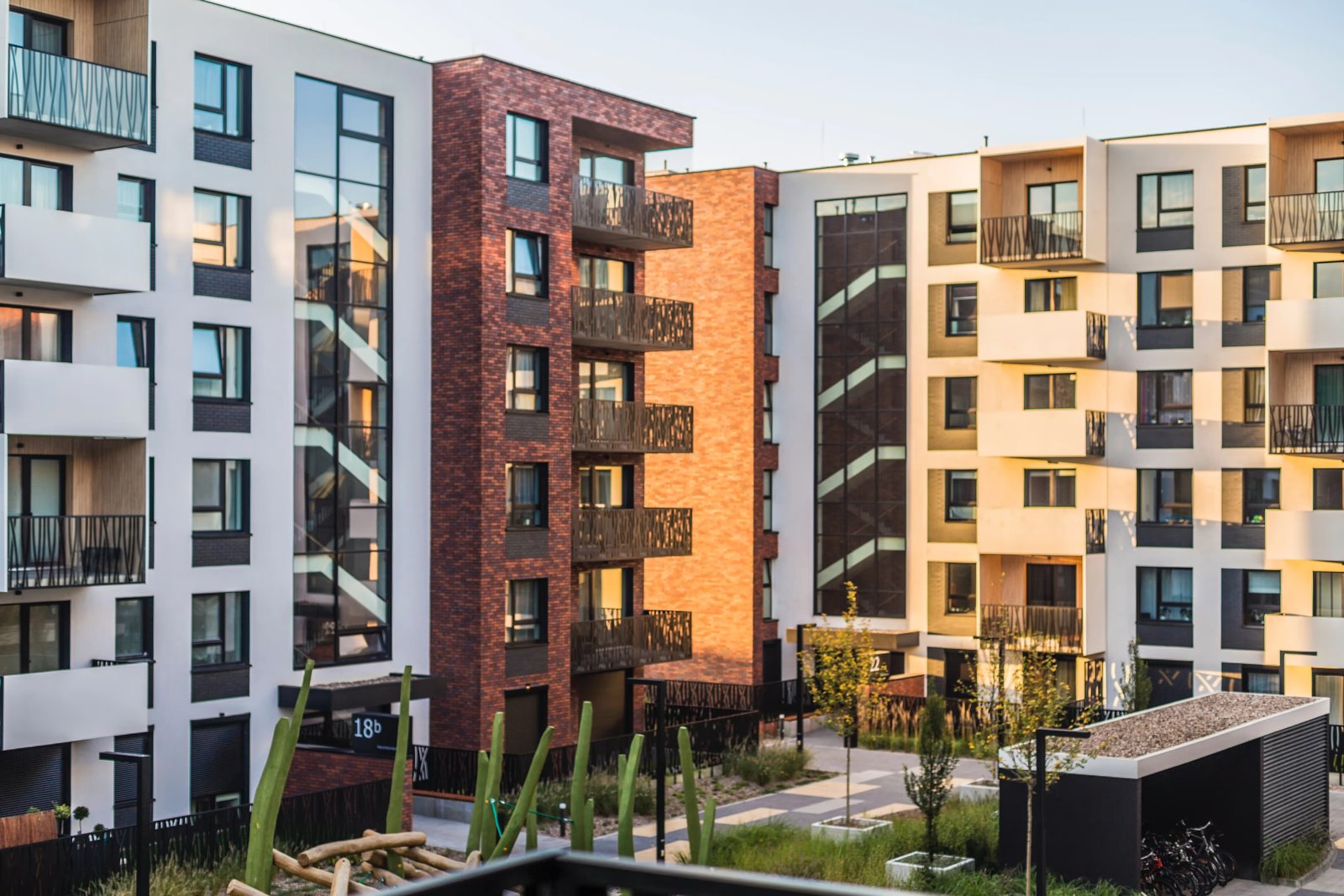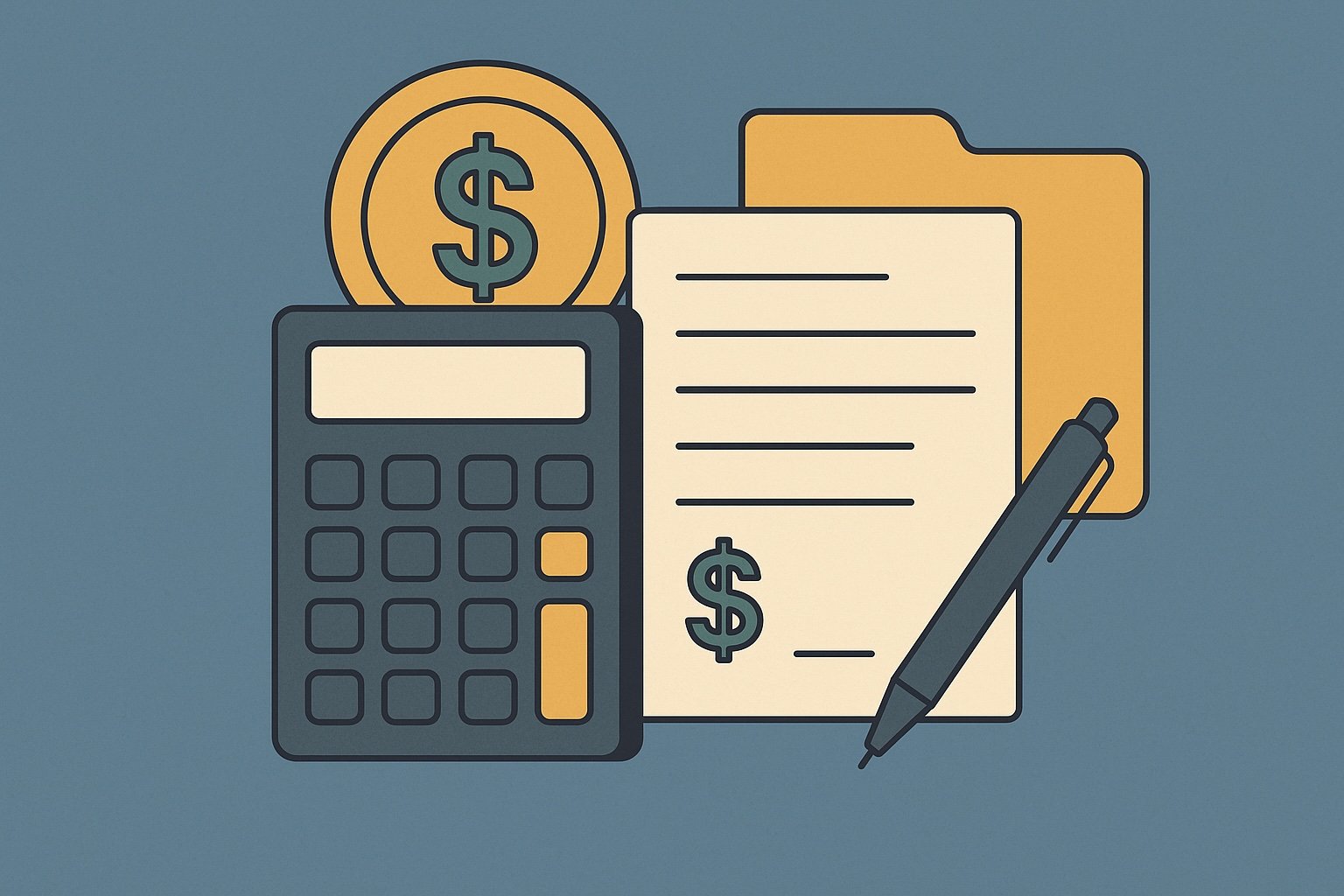Question
ARTE's Answer
When considering a 1031 exchange for a second home, it's important to understand the specific requirements and conditions that must be met for the property to qualify as "like-kind" under Section 1031 of the Internal Revenue Code. A second home, often used for personal enjoyment, does not automatically qualify for a 1031 exchange. However, if the property is held for investment purposes, it may be eligible.
The key factor is the intent behind holding the property. For a second home to qualify for a 1031 exchange, it must be held for productive use in a trade or business or for investment, rather than for personal use. The IRS has provided guidance on this through Revenue Procedure 2008-16, which outlines a safe harbor for vacation homes and second homes to qualify as investment properties.
According to Revenue Procedure 2008-16, a dwelling unit may qualify for like-kind exchange treatment if it is owned by the taxpayer for at least 24 months immediately before the exchange. During each of the two 12-month periods within this 24-month timeframe, the taxpayer must rent the dwelling unit to another person at a fair market rental value for at least 14 days or more. Additionally, the period of personal use by the taxpayer cannot exceed the greater of 14 days or 10% of the number of days the dwelling unit is rented at fair market value.
Example:
Imagine you own a lakefront property that you use as a second home. You decide to convert it into an investment property to qualify for a 1031 exchange. Over the next two years, you rent the property out for at least 14 days each year at a fair market rental rate. You ensure that your personal use of the property does not exceed 14 days per year. By meeting these criteria, the property is now considered held for investment purposes.
You then decide to sell this lakefront property and use the proceeds to acquire a new investment property, such as a rental condo in a different location. You engage Deferred.com as your qualified intermediary to facilitate the exchange. We handle the sale of your relinquished property and the acquisition of your replacement property, ensuring compliance with the 1031 exchange rules.
By structuring the transaction this way, you defer the capital gains tax on the sale of your lakefront property, allowing you to reinvest the full proceeds into the new investment property. This strategy helps you build wealth by keeping your equity working for you in a tax-deferred manner.
It's crucial to consult with a tax advisor or real estate professional to ensure that your specific situation meets the requirements for a 1031 exchange. At Deferred.com, we are here to assist you with our "No Fee Exchange" service, providing you with the expertise and support needed to successfully complete your 1031 exchange.
Have more questions? Call us at 866-442-1031 or send an email to support@deferred.com to talk with an exchange officer at Deferred.
Sources
- Split Treatment Transactions - Obtaining Deferral Under Section 1031 & Exclusion Under Section 121 (Article)
- Rev. Rul. 2002-83 (Related Party Exchanges)
- Vacation Home Exchanges and the Moore Decision (Article)
- Deferring Losses On The Sale of Property Using 1031 Exchanges
- Goolsby v. Commissioner
- TAM 200039005 (Failed Reverse Exchanges)
1031 Question? Ask ARTE
Deferred's AI 1031 Research Assistant is trained on 8,000+ pages of US tax law and outperforms human CPAs by 22%+
CHAT NOW
Learn More
See more frequently asked questions about 1031 exchanges








